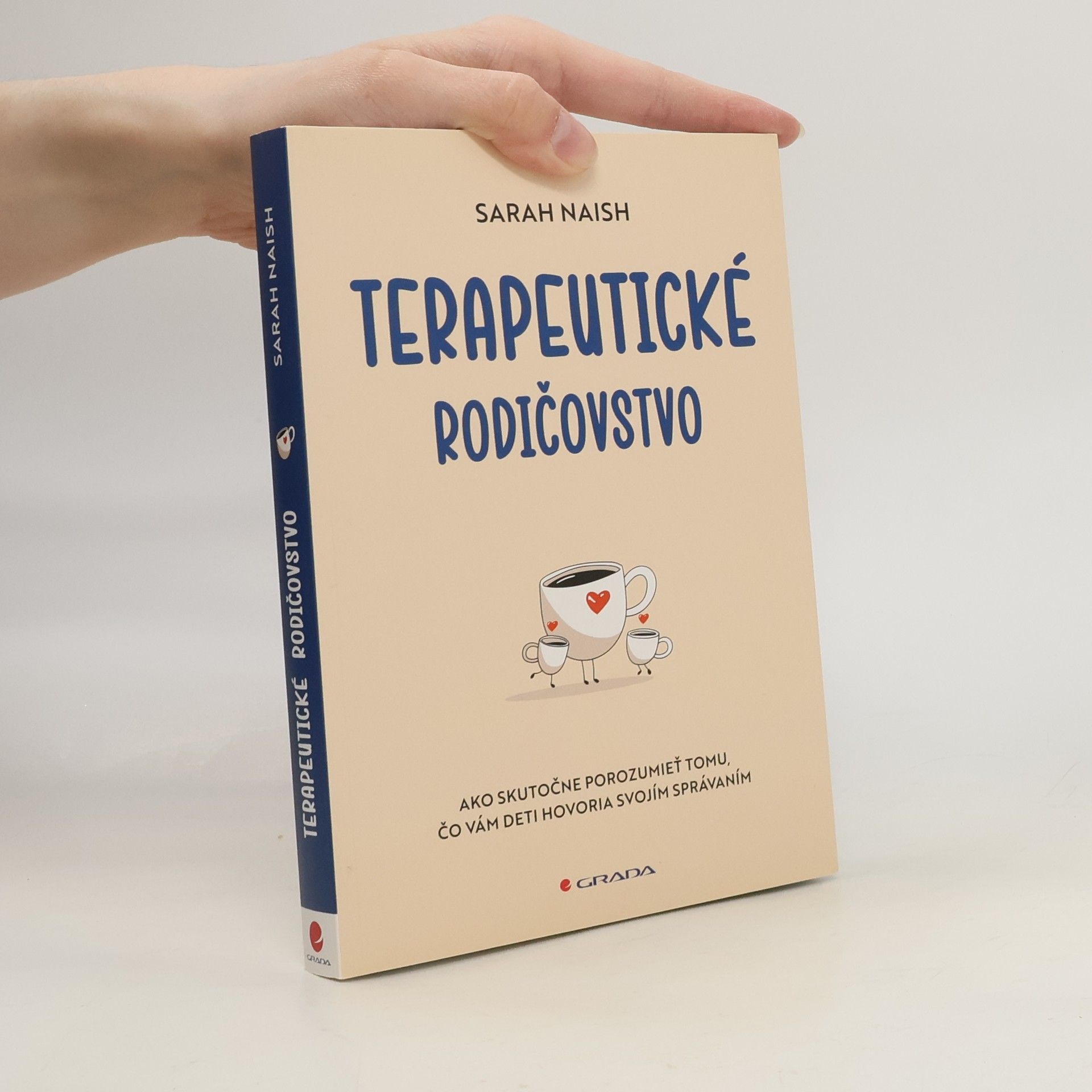Surviving therapeutic parenting can almost be as easy as A,B,C with this popular A-Z style survival guide. Covering over 70 common issues and feelings, you can learn strategies to process your feelings and experiences as a therapeutic parent. Funny and warm, this survival guide is like a hug from another parent when you need it most.
Sarah Naish Libri






The A-Z of Therapeutic Parenting Professional Companion
- 120pagine
- 5 ore di lettura
This resource offers guidance and assessment tools for professionals supporting therapeutic families. It will inform assessments and interventions, improve relationships between supporting professionals and parents, support family stability, ensure developmental needs are met and reduce the risk of burnout and family breakdown.
The Quick Guide to Therapeutic Parenting
- 256pagine
- 9 ore di lettura
The ideal starting point for understanding therapeutic parenting. This fully illustrated guide uses straightforward language and cartoon strips to explain this parenting style, covering over 40 different common issues. The perfect resource for parents, teachers and other adults, whether completely new to therapeutic parenting, or more experienced.
30 children, their families, diverse needs... so little time! This dip-in A-Z guide gives you a wide-range of strategies for a variety of behaviours. Guidance on strategies to avoid and resolving compassion fatigue enables you to give all children in your classroom the support they need with renewed optimism and strength.
The Lie That Wasn't
- 32pagine
- 2 ore di lettura
Arthur hasn't been doing his homework and is worried about his parents finding out. He tells a lie, but then something strange happens... Find out how Arthur's life is turned upside down, as his lies start to become true! This is a simple, fun story which also helps children aged 4-8 to explore why usually, it's best to face even tricky truths.